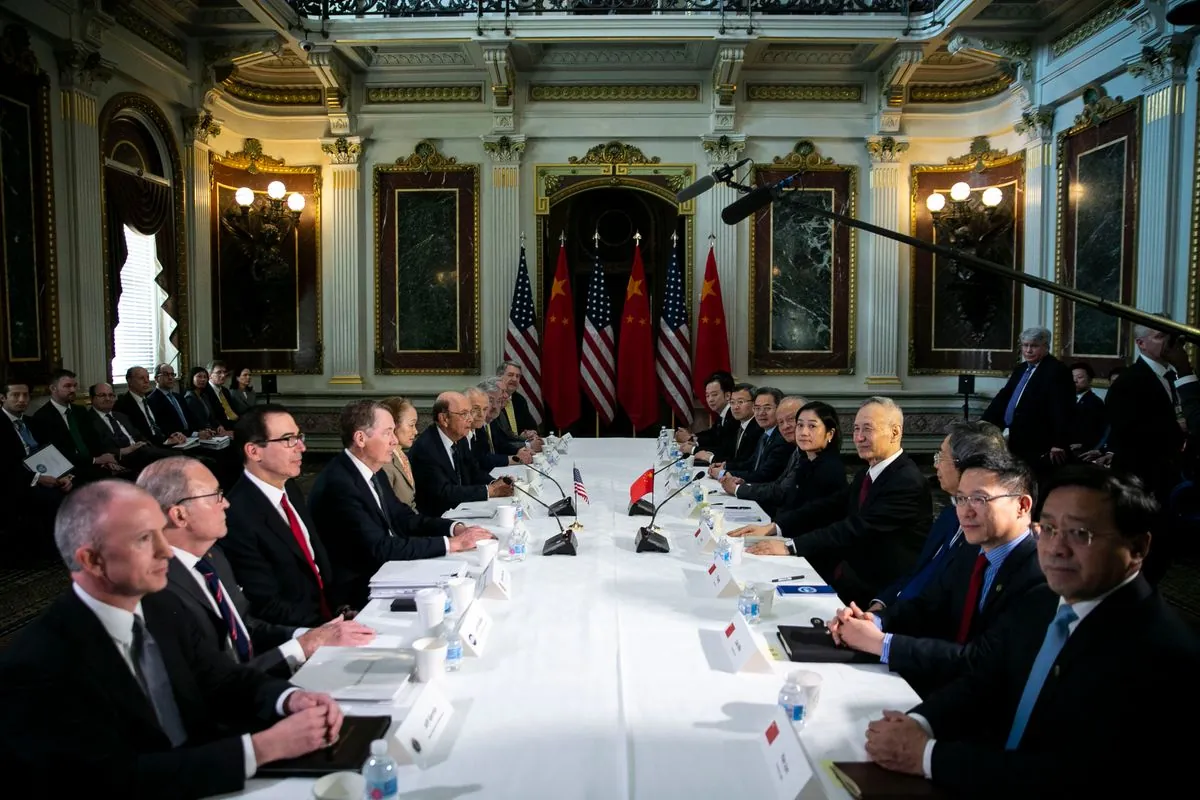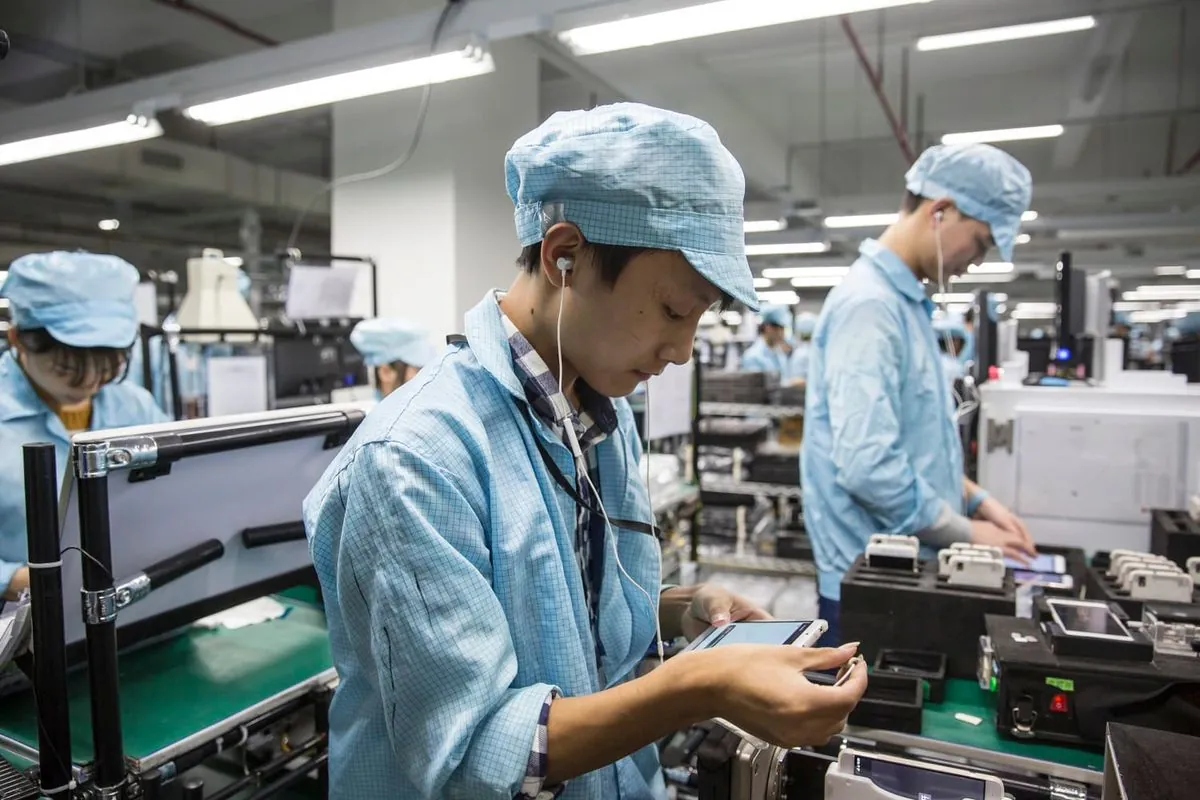China Braces for Potential Trade War Sequel as U.S. Election Looms
As the U.S. presidential election approaches, China faces the possibility of a second trade war with heightened stakes. Despite weathering the first conflict, Beijing's current economic strategy may leave it more vulnerable to new tariffs.

As the United States prepares for its presidential election in November 2024, China finds itself at a crossroads, potentially facing a second trade war with far-reaching consequences. Donald Trump, the Republican nominee, has pledged to increase tariffs on Chinese exports from 10% to 60% if elected, reigniting concerns about economic tensions between the world's two largest economies.
The first U.S.-China trade war, initiated by Trump in 2018, yielded mixed results. Despite the conflict, China's global export share increased by 1.5 percentage points, while its share of U.S. imports decreased by 8 percentage points. However, the landscape has shifted significantly since then, leaving China more exposed to potential economic shocks.
Beijing's response to the initial trade war offers valuable insights:
- Currency devaluation to support exporters
- Rerouting shipments through other countries
- Engaging in prolonged negotiations
These tactics helped mitigate some impacts, but the tariffs imposed during that period have largely remained in place.

The aftermath of the first trade conflict revealed limited direct consequences for China. However, a second trade war could prove more challenging. UBS economists estimate that a 60% tariff could reduce Chinese GDP by up to 2.5 percentage points, potentially halving its current growth rate. The renminbi, China's currency, might face immediate pressure, with BNP Paribas forecasting a 6% decline against the dollar.
China's current economic strategy, which relies heavily on exports to compensate for weak domestic demand, may exacerbate its vulnerability. The latest policy communique from Chinese leaders in July 2024 indicates a continued focus on industrial policies that depend on exporting various goods, from electric vehicles to medical devices.
"There's no supply chain in the world that's more critical to us than China."
This statement underscores the complex interdependence between U.S. companies and Chinese manufacturing, despite ongoing tensions.
As China navigates these challenges, it must also contend with existing economic headwinds. The nation is already struggling to meet its GDP growth target of "around 5%" for the year, and fresh tariffs could further limit its ability to implement monetary easing policies to support the economy.
In conclusion, while China emerged relatively unscathed from the first trade war, its current growth model and economic circumstances make it more susceptible to the potential consequences of a second commercial conflict with the United States. For Beijing, another trade war could indeed prove to be both detrimental and difficult to overcome.


































